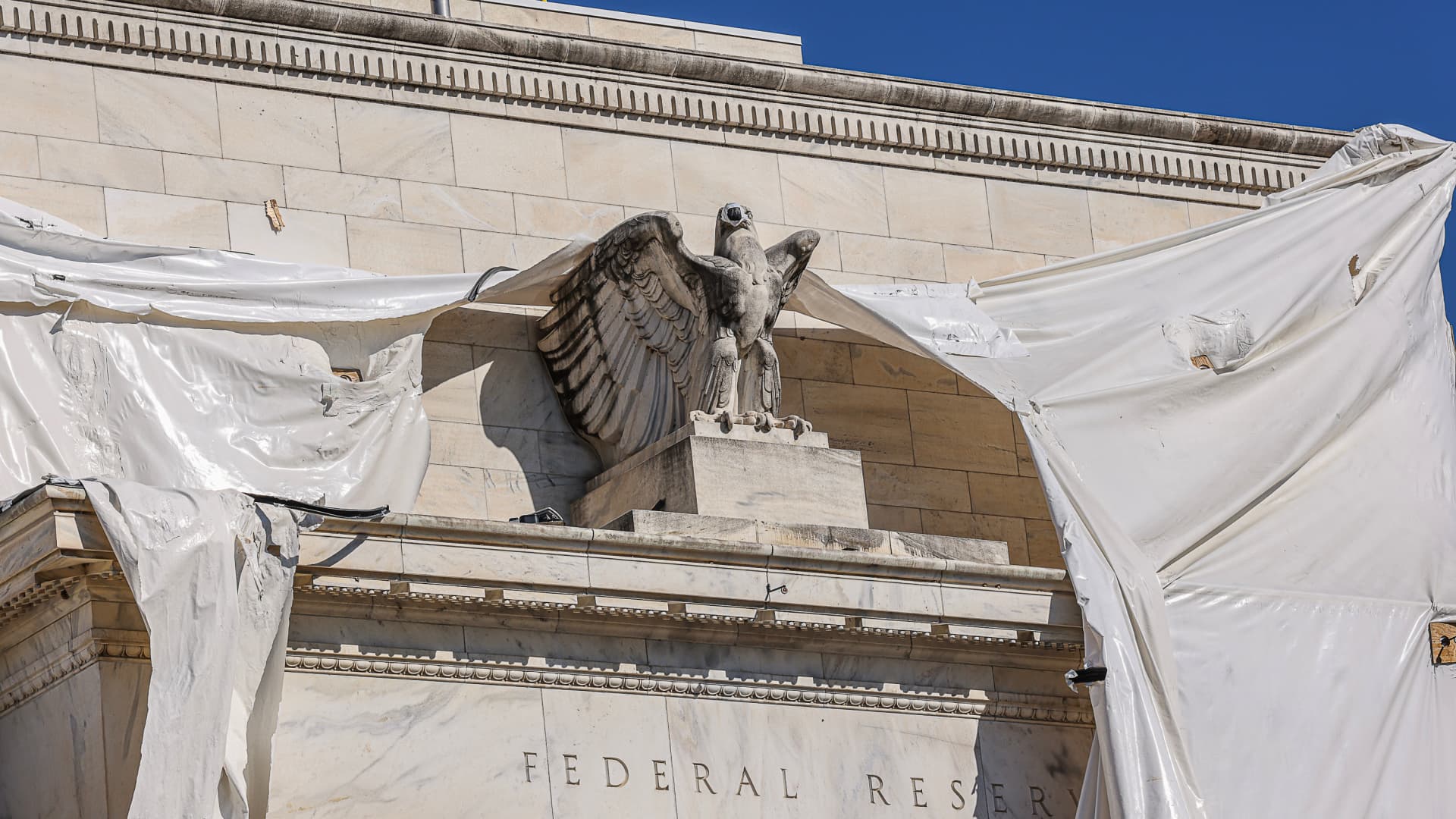McCarthy’s victory in the 15th ballot ended the deepest congressional dysfunction in over 160 years. But it sharply illustrated the difficulties he will face in leading a narrow and deeply polarized majority. He won at last on a margin of 216-212. He was able to be elected with the votes of fewer than half the House members only because six in his own party withheld their votes —not backing McCarthy as leader, but also not voting for another contender. As he took the gavel for the first time, McCarthy represented the end of President Joe Biden’s Democrats’ hold on both chambers of Congress. “Our system is built on checks and balances. It’s time for us to be a check and provide some balance to the president’s policies,” McCarthy said in his inaugural speech, which laid out a wide range of priorities from cutting spending to immigration, to fighting culture war battles.
McCarthy was elected only after agreeing to a demand by hardliners that any lawmaker be able to call for his removal at any time. That will sharply cut the power he will hold when trying to pass legislation on critical issues including funding the government, addressing the nation’s looming debt ceiling and other crises that may arise. Republicans’ weak performance in November’s midterm elections left them with a narrow 222-212 majority, giving outsized power to the right-wingers who opposed McCarthy’s leadership.
Those concessions, including sharp spending cuts and other curbs on McCarthy’s powers, could point to further turbulence in the months ahead, especially when Congress will need to sign off on a further increase of the United States’ $31. 4 trillion borrowing authority. Over the past decade, Republicans have repeatedly shut down much of the government and pushed the world’s largest borrower to the brink of default in efforts to extract steep spending cuts, usually without success. Several of the hardliners have questioned McCarthy’s willingness to engage in such brinkmanship when negotiating with Biden, whose Democrats control the Senate. They have raged in the past when Senate Republicans led by Mitch McConnell agreed to compromise deals.
















